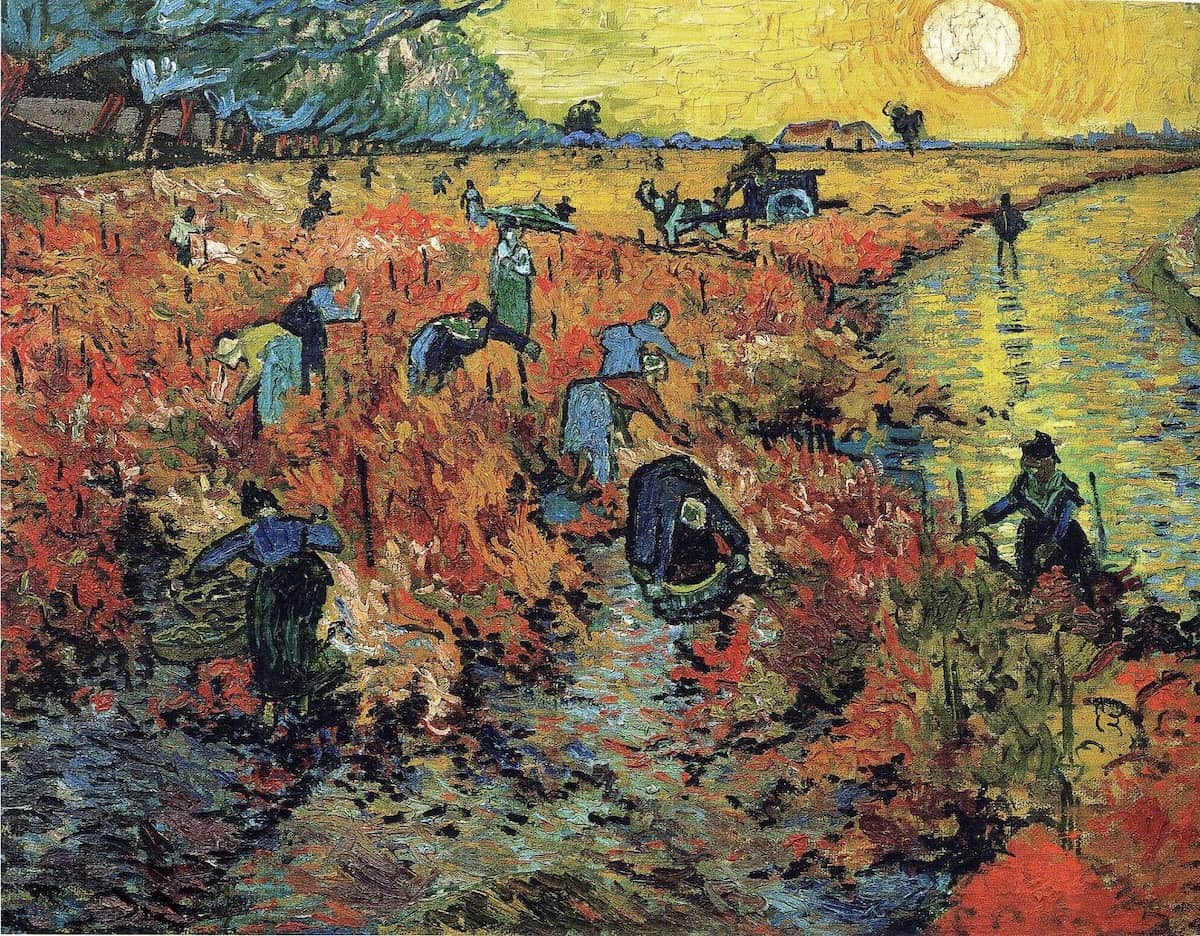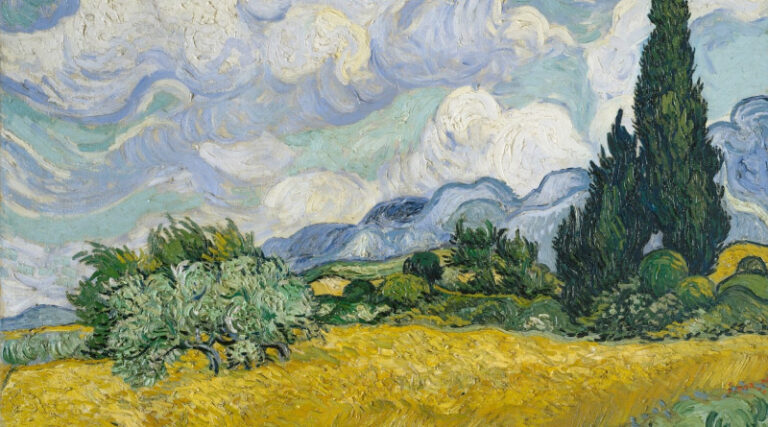Galatians 2:16: “…we know that a person is not justified by works of the law but through faith in Jesus Christ…”
Summary:
In the Parable of the Workers in the Vineyard (Matthew 20:1-16), Jesus compares the kingdom of heaven to a landowner who hires laborers at different times throughout the day to work in his vineyard. Despite the varying hours worked, he pays each laborer the same wage, a denarius. The laborers hired first grumble, feeling it unfair that those who worked less received the same pay. The landowner asserts his right to be generous and highlights that the last will be first and the first last. This parable illustrates that God’s economy operates on grace rather than human notions of fairness or merit. Salvation is a gift from God, independent of human effort, and all true believers, regardless of when they come to faith, receive the same reward of eternal life, underscoring that divine generosity upends human expectations of equity and entitlement.
Parable of the Workers in the Vineyard
Matthew 20:1-16: “For the kingdom of heaven is like a master of a house who went out early in the morning to hire laborers for his vineyard. After agreeing with the laborers for a denarius a day, he sent them into his vineyard. And going out about the third hour he saw others standing idle in the marketplace, and to them he said, ‘You go into the vineyard too, and whatever is right I will give you.’ So they went. Going out again about the sixth hour and the ninth hour, he did the same. And about the eleventh hour he went out and found others standing. And he said to them, ‘Why do you stand here idle all day?’ They said to him, ‘Because no one has hired us.’ He said to them, ‘You go into the vineyard too.’ And when evening came, the owner of the vineyard said to his foreman, ‘Call the laborers and pay them their wages, beginning with the last, up to the first.’ And when those hired about the eleventh hour came, each of them received a denarius. Now when those hired first came, they thought they would receive more, but each of them also received a denarius. And on receiving it they grumbled at the master of the house, saying, ‘These last worked only one hour, and you have made them equal to us who have borne the burden of the day and the scorching heat.’ But he replied to one of them, ‘Friend, I am doing you no wrong. Did you not agree with me for a denarius? Take what belongs to you and go. I choose to give to this last worker as I give to you. Am I not allowed to do what I choose with what belongs to me? Or do you begrudge my generosity?’ So the last will be first, and the first last.”
Analysis of the Parable
Once again, we find Christ defining as an aspect of salvation under the umbrella phrase “the kingdom of Heaven is like” and using picturesque language to cement His points.
We should begin with the last sentence in this Parable, which states, “So the last will be first, and the first last,” to gain an overarching perspective of what Jesus is teaching, and that is, God operates on a different economy than we do. This is expressed in Isaiah 55:8-9, “For my thoughts are not your thoughts, neither are your ways my ways, declares the Lord. For as the heavens are higher than the earth, so are my ways higher than your ways and my thoughts than your thoughts.”
This concept is difficult to grasp, and we often fail to see why this distinction exists. But God is perfect, and He is without any sin or encumbrances that burden us and impact our decisions.
God is, by His very character, perfect, all-knowing and all-powerful. We would equate effort or time with commensurate compensation. So, in this example of the vineyard master, a full day’s work would be compensated with one denarius and a half day’s work with a half of a denarius. No one would complain; from our perspective, that’s only fair.
But the reward here is not payment for work; the reward is salvation by grace, and the Bible teaches repeatedly that salvation is by grace through faith as characterized in Ephesians 2:8-9, “For by grace you have been saved through faith. And this is not your own doing; it is the gift of God, not a result of works, so that no one may boast.”
Yet, man does groan about God’s system of grace versus works.
In fact, all religions except Biblical Christianity have a merit system for salvation through works. That system could range from adherence to religious ceremonies to simply doing good deeds and avoiding evil deeds. No religion allows for salvation through the sovereignty of God’s grace alone except Biblical Christianity. Other religions rely upon the same relative compensation system alluded to by the disgruntled workers discussed in the Parable of the Vineyard; my good works, which outweigh my evil works, should be considered for admission to Heaven. If you were to question even non-religious people as to whether or not they believed they would go to Heaven, the most common response would be that their good works outweigh their evil works and, yes, they should consequently be allowed into Heaven. Few believe they deserve hell.
We need to recognize that God’s ways are not our ways and that His generosity may surprise us by upending our expectations of fairness and entitlement.
Interestingly, this underlying discontent is even present in the circles of true Christianity. All true believers are equal recipients of God’s grace. This concept was graphically demonstrated with the Thieves on the Cross in Luke 23:39-42, “One of the criminals who were hanged railed at him, saying, “Are you not the Christ? Save yourself and us!” But the other rebuked him, saying, “Do you not fear God, since you are under the same sentence of condemnation? And we indeed justly, for we are receiving the due reward of our deeds; but this man has done nothing wrong.” And he said, “Jesus, remember me when you come into your kingdom.” And he said to him, “Truly, I say to you, today you will be with me in paradise.”
I commented in my post on the Thieves on the Cross, “In this true story, there is no time for the thief to perform any good deeds or join a church, let alone participate in church sacraments – he can earn nothing. No, the thief demonstrated repentance “we indeed are suffering justly,” and he exhibited faith “remember me when You come in your Kingdom.” He deserves eternal death, but through faith and repentance, Christ gave him a gift: salvation.” The reality of the thieve’s salvation with virtually no time on earth can be a little disconcerting. It doesn’t seem fair; many “mature” believers have spent years working out their salvation, yet God shows how this thief goes directly to Heaven.
But that’s the point: whether a person comes to faith early in life or at the very end, the reward of eternal life is the same because it is grounded in Christ’s righteousness, not human achievements. It is grounded in the sovereignty and generosity of God, whose “ways [are] higher than your ways and thoughts [higher] than your thoughts.” Earthly status, achievements, or seniority do not determine one’s standing in God’s kingdom; God’s grace alters conventional order. Believers, exceedingly, should rejoice in God’s generosity rather than begrudge it.









